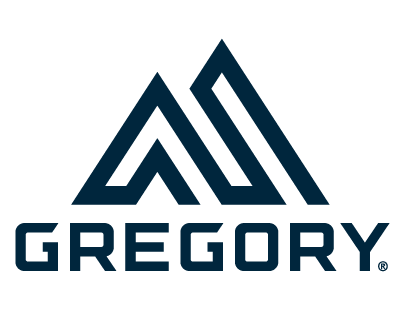In 2017, Vail Resorts made waves throughout the business world when it launched Commitment to Zero, a pledge that, by 2030, all of its 37 mountain resorts in North America would achieve zero landfill waste, zero net emissions and zero impact on forests and habitat. Since then, the company has made significant progress in each of these areas of sustainability, including at its flagship Utah resort, Park City Mountain. 
Likely, the biggest area of investment and progress made toward Commitment to Zero at Park City Mountain is emissions reduction. The resort currently draws a portion of its power needs from 150 on-site solar panels. Soon the balance will come from Elektron Solar, an 80-megawatt solar farm on the southwest side of the Great Salt Lake being developed in partnership with Rocky Mountain Power that’s slated for completion in 2023. Once online, Elektron will provide power to Park City, Summit County and Salt Lake City municipal governments; Utah Valley University; Deer Valley Resort; and Park City Mountain, offsetting 100 percent of Park City Mountain’s electricity use.
Using energy efficiently is another key strategy in Park City Mountain’s efforts to curb its emissions. The resort’s mountain operations department is focused on operating its snowmaking system with the least possible amount of energy consumption. This involves making snow only during periods of optimal temperatures, investing in new low-energy snowmaking equipment (Park City Mountain’s snowmaking system is made up of approximately 70 percent low-e guns.) and continuously monitoring all points of the system to ensure it is operating efficiently.

Park City Mountain also works to cut vehicular emissions by promoting employee carpooling and sustainable commuting options. The resort is a partner in RideOn Park City, a Park City-based app that incentivizes employees to carpool and take public transit to work versus arriving in individual vehicles. The resort also provides UTA shuttle- and van-service to staff members who commute from the Salt Lake City area.
On the waste diversion front, “we are focused on reduction and reuse first and then recycling,” says Thomas Bradley, Vail Resorts’ Rocky Mountain region senior sustainability manager. Park City Mountain’s on-site waste and recycling team currently oversees diversion of waste in 10 categories: mixed recycling, cardboard, glass, food waste, scrap metal, snack wrappers, disposable vinyl/latex gloves, electronics, rubber and wood pallets. (Fun fact: Park City Mountain became the second commercial customer to begin delivering its organic waste to Wasatch Resource Recovery, an anaerobic digestor facility in North Salt Lake, when it opened in 2019. The resort continues to send more than 95 percent of its organic waste there currently.) The waste and recycling team also oversees Park City Mountain’s employee reuse yard, where staff members can take and repurpose gently used items no longer in use by the resort such as furniture and lumber. And through Vail Resorts’ EpicPromise program, Park City Mountain support Park City’s local reuse and recycling nonprofit, Recycle Utah, through grants, fundraising, events and employee volunteer opportunities.
Long before Vail Resorts established Commitment to Zero, Park City Mountain staff members engaged in annual stewardship projects to ensure the health of the land on which the resort operates. These projects include efforts like mountain cleanups, slope reseeding, invasive weed control, dead and diseased tree removal and tree seedling installation. Since Commitment to Zero was established, Vail Resorts has lent support to several large-scale land stewardship projects. For example, in 2021 the company partnered with the National Forest Foundation to plant 1,349 seedlings within Colorado’s White River National Forest, parts of which burned in a 2017 wildfire. On the local level, Park City Mountain supports three of the area’s most respected recreation, environmental education and land conservation organizations, Mountain Trails Foundation, Swaner Preserve and EcoCenter and Summit Land Conservancy, respectively.
“We believe the biggest impact we can have on climate change is through our operations—but no one company cannot do it alone,” Bradley says. “We are also focused on using our voice for good.” As such, in 2021 Park City Mountain became one of the 71 resorts collectively owned by Vail Resorts, Alterra, Boyne Resorts and POWDR to sign the Climate Collaborative Charter, the ski industry’s first unified effort to combat climate change. Other advocacy efforts Park City Mountain engages in under its Vail Resorts umbrella include participating in the Outdoor Industry Business Climate Partnership, Ceres, and RE100; joining more than 400 companies in successfully lobbying the Biden Administration to commit the U.S. to an emissions reduction target of at least 50 percent by 2030; and signing a letter of support urging Congress to pass the Inflation Reduction Act.
For more about Vail Resorts Commitment to Zero, visit epicpromise.com.

















